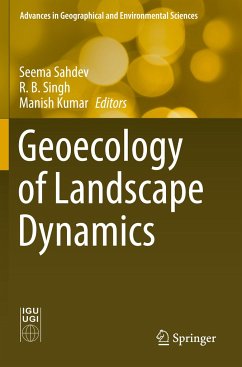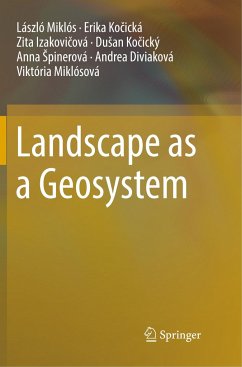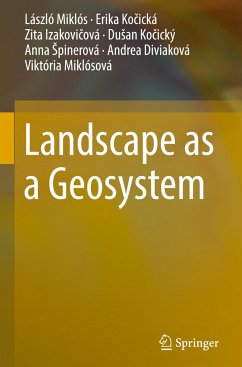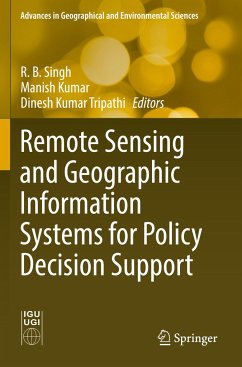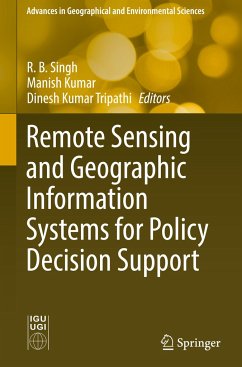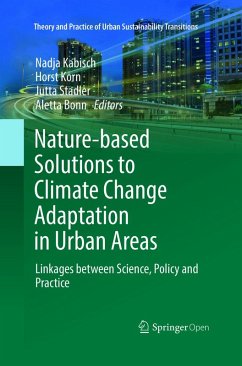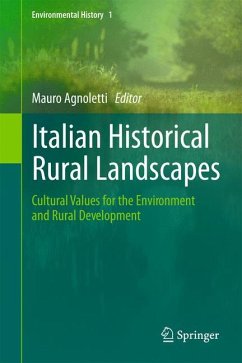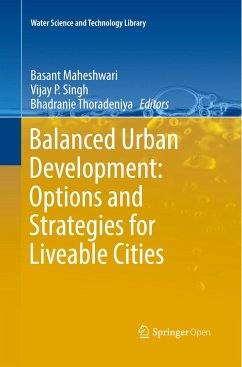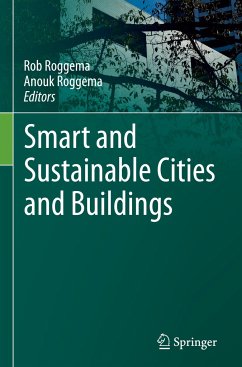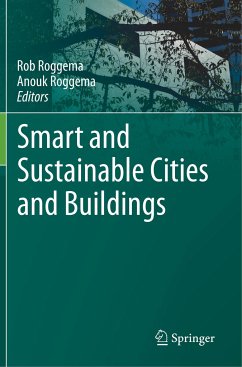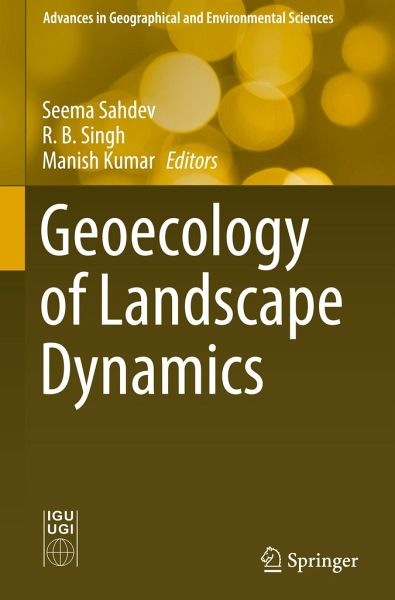
Geoecology of Landscape Dynamics

PAYBACK Punkte
38 °P sammeln!
This book provides an overview of the ecological indicators of landscape dynamics in the context of geographical landscape integration. Landscape dynamics depicts every change that occurs in the physical, biological, and cognitive assets of a landscape. To understand and interpret the complex physical, biological, and cognitive phenomena of landscapes, it is necessary to operate conceptually and practically on a broad range of spatial and temporal scales. Rapid land use changes have become a concern to environmentalists and planners because of their impacts on the natural ecosystem, which furt...
This book provides an overview of the ecological indicators of landscape dynamics in the context of geographical landscape integration. Landscape dynamics depicts every change that occurs in the physical, biological, and cognitive assets of a landscape. To understand and interpret the complex physical, biological, and cognitive phenomena of landscapes, it is necessary to operate conceptually and practically on a broad range of spatial and temporal scales. Rapid land use changes have become a concern to environmentalists and planners because of their impacts on the natural ecosystem, which further determines socioeconomic dynamics. In this regard, the book discusses case studies that share new insights into how landscape patterns and processes impact small creatures, and how small creatures in turn influence landscape structure and composition.
In turn, the relevant aspects of land use and land cover dynamics are covered, and the multi-faceted relationship between the substrata and ecological community is highlighted. The book is unique in its focus on the application of spatial informatics such as automatic building extraction from high-resolution imagery; a soil resource inventory for meeting the challenges of land degradation; hydrological modeling; the temporal variation analysis of glacier area and the identification and mapping of glacial lakes; morphometric analysis of river basins; and the monitoring and modeling of urban sprawl, among other features.
In turn, the relevant aspects of land use and land cover dynamics are covered, and the multi-faceted relationship between the substrata and ecological community is highlighted. The book is unique in its focus on the application of spatial informatics such as automatic building extraction from high-resolution imagery; a soil resource inventory for meeting the challenges of land degradation; hydrological modeling; the temporal variation analysis of glacier area and the identification and mapping of glacial lakes; morphometric analysis of river basins; and the monitoring and modeling of urban sprawl, among other features.



